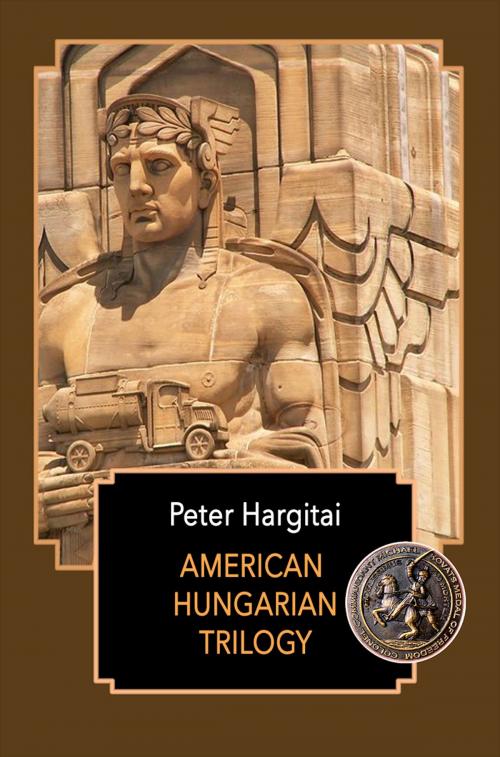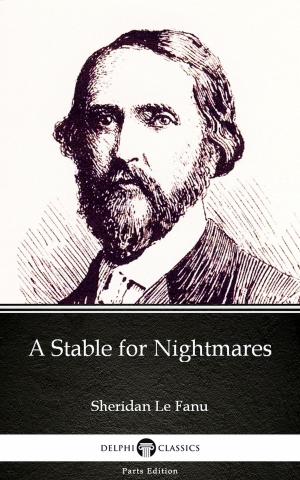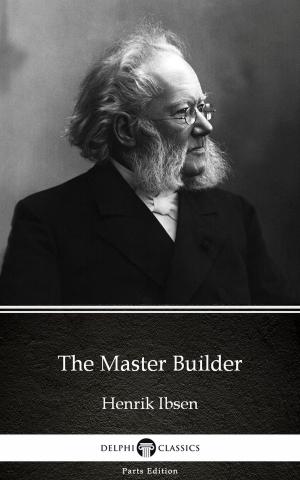| Author: | Peter Hargitai | ISBN: | 9789633772676 |
| Publisher: | PublishDrive | Publication: | March 17, 2014 |
| Imprint: | Fapadoskonyv.hu Kiadó | Language: | English |
| Author: | Peter Hargitai |
| ISBN: | 9789633772676 |
| Publisher: | PublishDrive |
| Publication: | March 17, 2014 |
| Imprint: | Fapadoskonyv.hu Kiadó |
| Language: | English |
In Book One of Peter Hargitai’s American Hungarian Trilogy, a fourteen-year-old girl called Cheetah fights on the streets of Budapest during the 1956 Hungarian uprising in which her mother is killed and where she kills in turn, loses her father, her dear friends, and is forced to escape the country; in short, history stampedes through her young life forever altering its course. Book Two’s (Attila & Lyudmila) main character is a young Hungarian refugee in America, who is not an orphan (in the strict sense), still he is closely related to Cheetah, since he, too, lived through the revolution as a child, and he is faced with trying to adapt to his new life. His task is not easy: the ‘60s put him to the test in every sense of that volatile period, especially when he falls in love with an American girl to the intense displeasure of both their families. The ensuing conflict forces the young man to take stock of himself as he struggles with the seemingly unanswerable questions of his hyphenated identity. The fracture line deepens as further complications arise and enter into the fray on the pages of the more expansive Barbarian Phantasy in Book Three: new questions about love, his job, his calling, a sense of mission, destiny, illness, birth, death and rebirth. The story begins in 1950’s Hungary with an escape through no-man’s land, and ends around the mid ‘80s in America where the fate of the archetypal exile is transformed into a universal metaphor on a visionary no-man’s landscape in outer space. Stretching himself beyond his faculties, Attila Nagy experiments with creating life anew on the periphery of art, science and the fantastic where genres blur, where history and the present intersect, and where the riddle of the ancients becomes the final equation in his quest for the ultimate miracle weapon. Soaring on body- and mind-altering agents, on wings of anxiety propelled by inner demons, he snatches up the reader to fly with him. The world Hargitai creates is at once original and familiar, uniquely American and uniquely Hungarian – but more poignantly– movingly human, and even in his wildest flights of “phantasy” incredibly credible.
In Book One of Peter Hargitai’s American Hungarian Trilogy, a fourteen-year-old girl called Cheetah fights on the streets of Budapest during the 1956 Hungarian uprising in which her mother is killed and where she kills in turn, loses her father, her dear friends, and is forced to escape the country; in short, history stampedes through her young life forever altering its course. Book Two’s (Attila & Lyudmila) main character is a young Hungarian refugee in America, who is not an orphan (in the strict sense), still he is closely related to Cheetah, since he, too, lived through the revolution as a child, and he is faced with trying to adapt to his new life. His task is not easy: the ‘60s put him to the test in every sense of that volatile period, especially when he falls in love with an American girl to the intense displeasure of both their families. The ensuing conflict forces the young man to take stock of himself as he struggles with the seemingly unanswerable questions of his hyphenated identity. The fracture line deepens as further complications arise and enter into the fray on the pages of the more expansive Barbarian Phantasy in Book Three: new questions about love, his job, his calling, a sense of mission, destiny, illness, birth, death and rebirth. The story begins in 1950’s Hungary with an escape through no-man’s land, and ends around the mid ‘80s in America where the fate of the archetypal exile is transformed into a universal metaphor on a visionary no-man’s landscape in outer space. Stretching himself beyond his faculties, Attila Nagy experiments with creating life anew on the periphery of art, science and the fantastic where genres blur, where history and the present intersect, and where the riddle of the ancients becomes the final equation in his quest for the ultimate miracle weapon. Soaring on body- and mind-altering agents, on wings of anxiety propelled by inner demons, he snatches up the reader to fly with him. The world Hargitai creates is at once original and familiar, uniquely American and uniquely Hungarian – but more poignantly– movingly human, and even in his wildest flights of “phantasy” incredibly credible.















